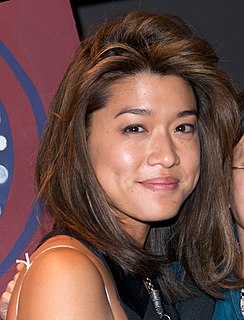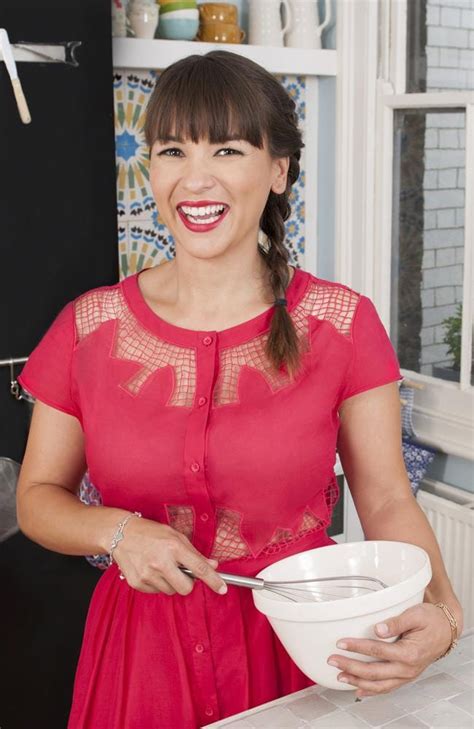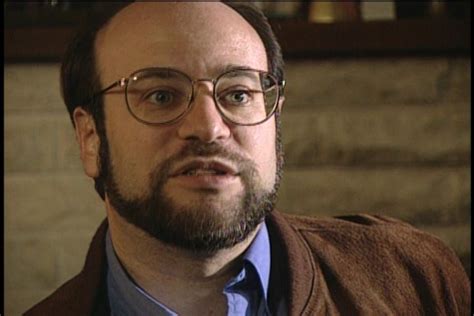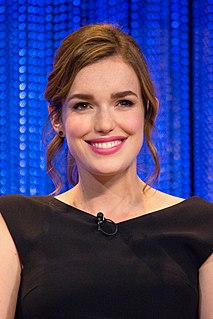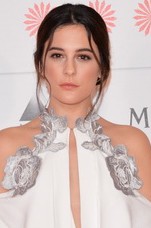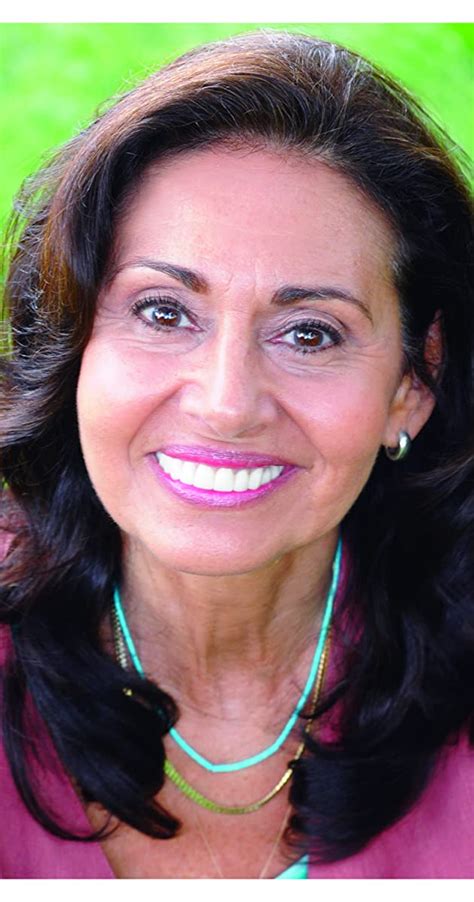A Quote by Grace Park
Acting in 'Command & Conquer 3' called for me to interact with the player and to look directly into the camera, which is a big no no when filming for TV or film.
Related Quotes
Even though I'm an actor, even though I know a little bit about film, I very much view things as an audience member. For me, whether it's TV, film, theater, whatever, it's a big movie, a small movie, whatever it is, I look for the truth in it. I look for the honesty. I just look for if it feels honest and real to me.
There's this thing that's come about that wasn't there when I started acting which is they do this thing called a chemistry test. They put a camera in front of two people, it's usually a boy and a girl, and they go, [whispering]. It's impossible. You can't manufacture it or film it, it just has to happen.
You might think of a haunting as a loop of video or audio tape playing itself over and over for you to watch. Trying to interact with it would be akin to trying to interact with a show on your TV: sure, you can turn it off or change the channel, but I wouldn't expect the actors to suddenly stop and talk to you directly.
I wanted to be a playwright in college. That's what I was interested in and that's what I was moving toward, and then I had the lucky accident of falling in love with film. I was 19 or 20 that I realized films are made by people. Shooting digitally became cheaper and better. You couldn't make something that looked like a Hollywood film, but you could make something through which you could work out ideas. I was acting, but I was also conceiving the plots and operating the camera when I wasn't onscreen. I got very unvain about film acting, and it became a sort of graduate school for me.
Silence Of The Lambs? is a ?fantastic? film. It's a horror film, and it's an incredibly well-told film that is about point of view in such a unique way. The way that film is shot, the way the eyelines are so close, if not directly into camera, betrays an intimacy with the characters and the audience.
I feel like God has moved me into a different way of doing things. I teach basic on-camera acting class called Acting 101...In my classroom, the students get every ounce of encouragement and craft and anything I'm able to give them.We have some rules. We don't take the name of The Lord in vain. We don't use foul language when we mess up on camera...There's a climate of safety...They feel very protected.
Of course, you can never watch something like somebody else watches something like you, but nonetheless, you have to try. So I think on camera you learn a lot about how much the camera does for you, which is what is the great luxury of movie acting. Or acting whether it's TV or movies or whatever it is, that the camera's really such a gift because there's so much that it sees and does if you're willing to just be open and expose yourself and all of that. So you also learn what doesn't matter. And sometimes when you think about things, you think things matter that don't matter.
Being an actor in TV or movies is different. A film or TV actor, if put in theatre, won't know certain dimensions, while a theatre actor won't know certain things when he comes before the camera. So I think a film actor can learn emoting from this theatre counterpart, while the theatre actor can learn about camera techniques from the film actor.
